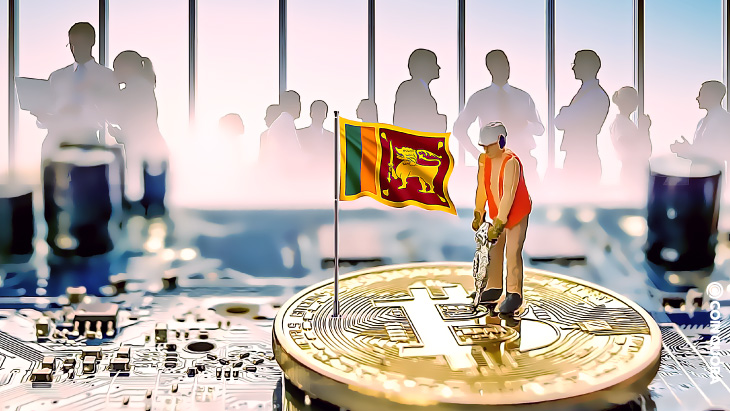By Jai Hamid
The pandemic was the start of problems for the economy of Sri Lanka. Many individuals who expected the crisis began looking for ways to survive. Some resorted to cryptocurrencies, which do not yet have any kind of governing structure in Sri Lanka. In contrast, its neighbor, India, is slowly moving ahead to regulate the asset.
When the TDS policy is scheduled to take effect on July 1st, would it be business as usual for cryptocurrency exchanges and dealers in the domestic market?
The shares of home finance firms, much like those of cryptocurrency companies, have been on a downward trend for quite some time now. After the repo rate was increased on May 4 by the Reserve Bank of India (RBI), most of them went into a tailspin.
There is a segment of businesses that may be susceptible to the effects of interest rate rises, although economists think that healthy demand for real estate may mitigate the effect of rate hikes.
Meanwhile, in Sri Lanka, the economy has been in a free decline for some time now and is speeding toward insolvency at an alarming rate. Its food inflation has skyrocketed to 57%, and the country has no reserve to import necessities due to the depletion of its reserves.
The clothing and tea sectors, two of Sri Lanka’s most important economic pillars, are both suffering severe setbacks as a direct result of the current economic crisis.
The imposition of a 1% transferable value securities tax on crypto assets was only recently announced. In addition, a comprehensive explanation was provided by the government two days ago in response to the concerns voiced by the business.
(Courtesy of CoinQuora)
